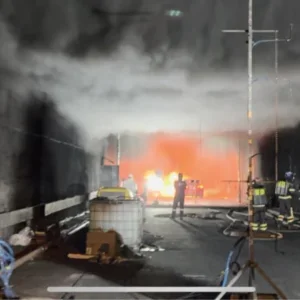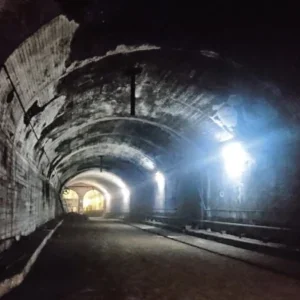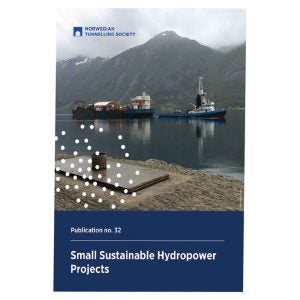Canada currently seems to have a booming tunneling market; from metro expansions in Toronto, Vancouver, Edmonton and Ottawa; to sewer and water-main projects across the country. But when and why did the Canadian tunneling market start to look so attractive to the tunnelling contractor worldwide?
During the past few years, the global recession has devastated economies both on this continent and across the globe. Construction has slowed down and local markets are drying up. Work which fed the giant tunnelling contractors in Europe was dwindling and they were all looking abroad for opportunity.
In 2009 the Honourable Jim Flaherty, Minister of Finance, put forth a budget, "Canada’s economic action plan" to stimulate economic growth, restore confidence and support Canadians and their families during a time of global recession. The plan would stimulate the economy through ‘immediate action’ to build infrastructure: New infrastructure stimulus funding for road, bridges, metro systems, laboratories and border crossings across the country that will support economic growth and employment over the next years while bolstering Canada’s long-term productive capacity.
Promises of economic stimulus have helped Canada to weather through the recessionary times, and spark infrastructure development and the start of major tunnelling projects. These projects have caught the attention of the international tunnelling community and have lured tunnel contractors from around the globe to move into the cozy Canadian market.
Minimal local competition, new construction projects and an aversion to litigation type culture, welcomed the mega contractors (Spanish, Austrian, French, US) that are setting up shop in Canada with the hopes of landing some work.
There seems to be a substantial amount of work currently underway and soon to start projects on the horizon. Demand for qualified people will increase to fill all of the positions that open up once these entire projects are underway. Hopes are that young labourers, tradesmen and engineers will be attracted to our industry and continue design and build the tunnels of tomorrow.
There will definitely be a need for young blood for every position on a tunnel site. With many projects simultaneously starting up, some workforce will come from abroad, but most will be provided locally through labour unions and recently graduated engineers and tradesmen.
Training is also provided from organisations such as the Tunnelling Association of Canada (TAC), who through their efforts, help promote the tunnelling industry through workshops, symposiums and conferences — such as the recently held two day workshop on EPB tunnelling that took place in Toronto last December. The upcoming Tunnelling conference in Montreal, which takes place on 17-20 October; and the Tunnelling Symposium about "Tunnelling Opportunities in Canada" on 29 November. This symposium is being held in conjunction with the ITA and NCE International Tunnelling Awards, which selected Toronto as the host City, which further shows global interest in what is currently happening in Canada.
The future of tunnelling sector seems bright for Canada. We expect more metro lines and other infrastructure tunnel projects to continue to support growth.






